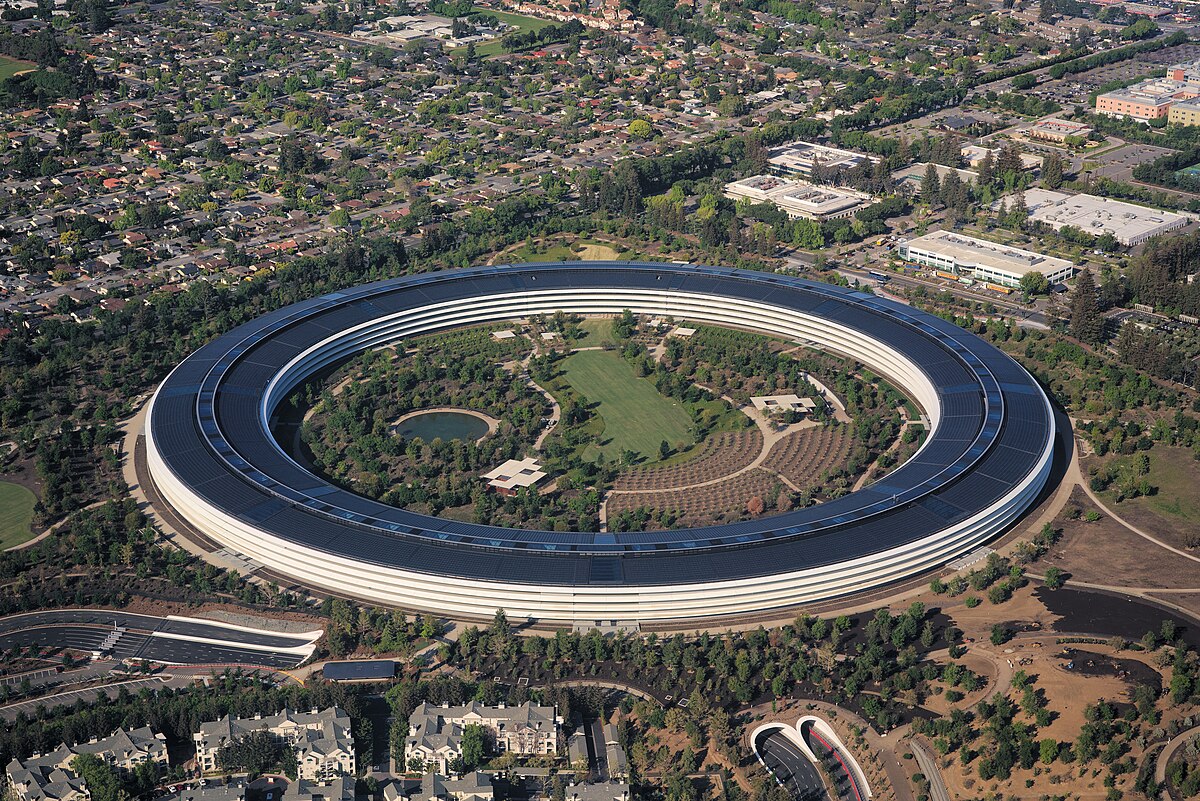American corporation Apple has lost a court battle in Germany in an attempt to challenge its classification as a particularly significant market player by the antitrust authority.
The German Federal Court of Justice (BGH) has authorized the German antitrust authority to apply strict control measures to technology corporation Apple. On Tuesday, March 18, the court in Karlsruhe dismissed the US group’s lawsuit against the Federal Cartel Office, confirming Apple’s classification as a player of outstanding competitive importance.
The court confirmed Apple’s special classification
The BGH explained that Apple is one of the largest companies in the world with the highest sales and profit margins, with “extraordinary financial and other resources”. The Federal Cartel Office therefore rightly considered that Apple had the strategic and competitive potential to exert significant influence on other companies and distort the competition process for its own benefit, the German Federal Court of Justice concluded.
In announcing its decision, presiding judge Wolfgang Kirchhoff noted that Apple, with its App Store and smartphone operating systems, is active in so-called multilateral markets and is able to transfer its influence to other markets and industries.
Decision of the German competition authority
The German regulator classified Apple accordingly in April 2023 on the basis of a legal provision adopted in 2021 against restrictions on competition. This norm allows the antitrust authority to monitor large digital concerns more strictly than other companies. Apple has appealed the decision.
In addition to Apple, the German regulator carries out enhanced supervision over Google’s parent concern Alphabet, Meta Corporation, which owns Facebook and other social networks, and Amazon, as well as Microsoft Corporation from September 2024. Amazon also tried to challenge this decision in BGH, but was defeated in April 2024.
________________________
In the U.S., Congress has just proposed several laws aimed at counteracting the power held by large technology companies. One of them would hit Apple hard, prohibiting companies from favoring their products in digital marketplaces over competitors. Right now Apple includes many of its applications by default on iPhones and has more advantageous conditions than its rivals since it is not affected by the 30% commission it demands on its rivals’ transactions in the store.













